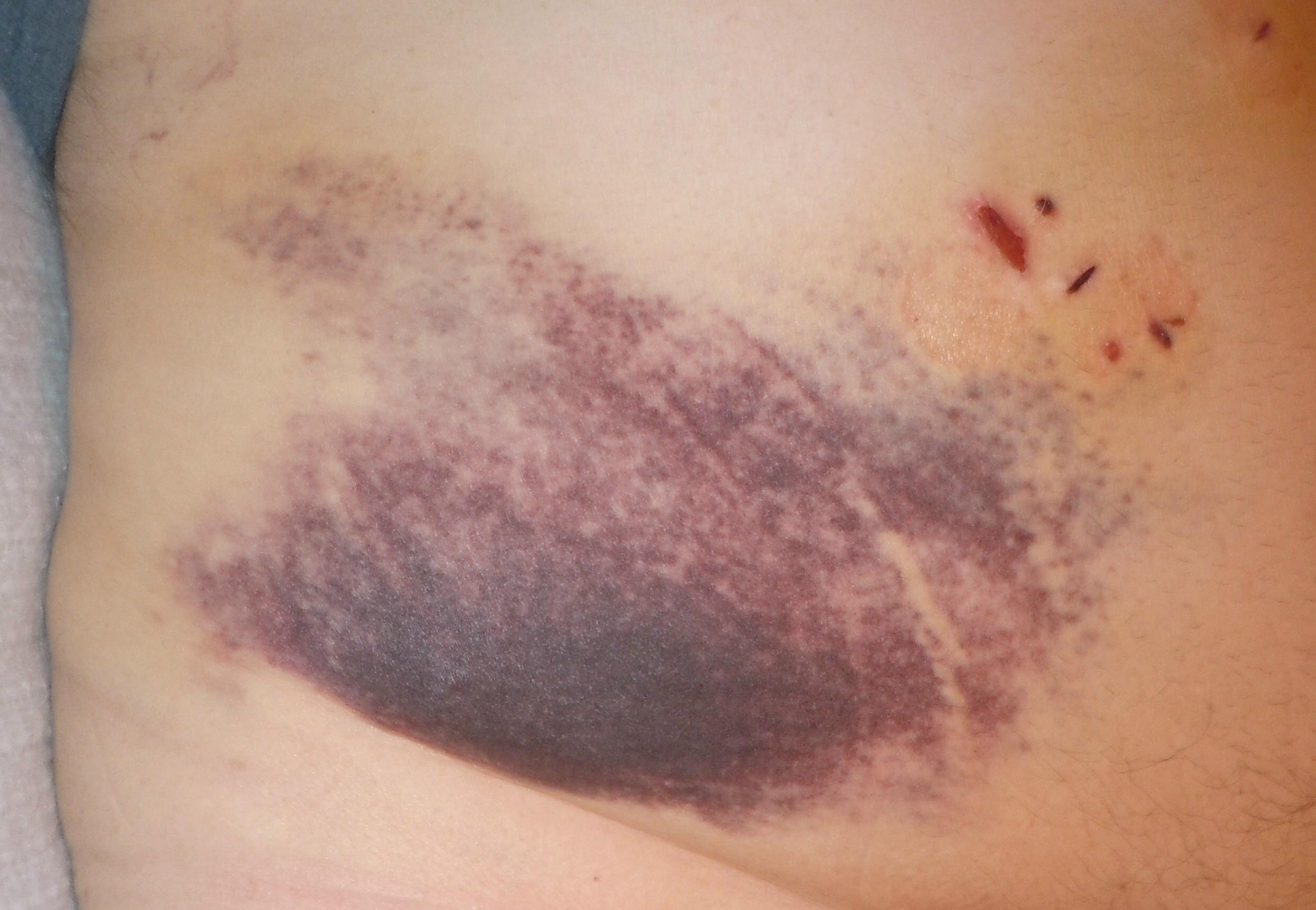Learning that you may need a medical procedure can bring up many questions. Understanding the purpose of an organ and the reasons for its removal can provide clarity. Gallbladder surgery is a common procedure designed to address specific health issues. Here is information about the gallbladder’s function, why its removal might be suggested, and what to expect afterward.
What Does the Gallbladder Do?
The gallbladder is a small, pear-shaped organ found right under your liver. Its main job is to store and concentrate bile, a digestive fluid made by your liver. Think of bile as the key that helps your body break down fats from the food you eat.
Here’s a simple breakdown of how it works:
- Bile Production: Your liver constantly produces bile.
- Bile Storage: The gallbladder holds onto this bile and makes it more concentrated.
- Fat Digestion: When you eat fatty foods, your gallbladder releases this concentrated bile into your small intestine to help with digestion.
If your gallbladder is removed, bile will still flow from your liver directly into your small intestine. The digestive process continues, and your body will learn to manage without the gallbladder storing and concentrating bile. You do continue to digest fats, though the process might be slightly different.
Why Is Gallbladder Surgery Needed?
The most frequent reason for gallbladder surgery is the presence of gallstones. Gallstones are hard, pebble-like deposits that form inside the gallbladder. These stones can cause a range of problems, from mild discomfort to severe pain, if they block the bile ducts. Blockages can lead to inflammation, infection, or other complications affecting the gallbladder, pancreas, or liver.
When gallstones cause repeated symptoms, a healthcare provider might recommend removing the gallbladder. This procedure, known as a cholecystectomy, is performed to prevent future painful episodes and complications. A physician evaluates your symptoms and medical history to determine if this is the appropriate course of action for your situation.
What Benefits Come After Removal?
Removing the gallbladder may lead to a significant improvement in the quality of life for individuals who have experienced persistent issues. The primary benefit is the elimination of symptoms caused by gallstones. Here are some specific benefits that can follow the procedure:
- Relief from Pain: The sharp, sudden pain in the upper right abdomen associated with gallstone attacks is resolved.
- End to Dietary Discomfort: Many people find they no longer experience nausea, bloating, or indigestion after eating, especially fatty meals.
- Prevention of Complications: Removing the gallbladder eliminates the risk of future gallstone-related problems, such as inflammation (cholecystitis) or infection.
Following gallbladder surgery, you can return to your normal activities and diet. While some people may need a short period to adjust to digesting fatty foods, most can resume their usual eating habits without discomfort.
Consult a Surgeon
If you are experiencing symptoms related to your gallbladder, the next step is to speak with a healthcare professional. A surgeon will provide a thorough evaluation of your condition and discuss your options. They will explain the details of gallbladder surgery, review the potential outcomes, and answer any questions you have. Making an informed decision starts with a direct conversation with a qualified medical expert. Schedule a consultation to get personalized guidance and determine the best path forward for your health.
Social Sharing
Your Content Goes Here
Latest Posts



